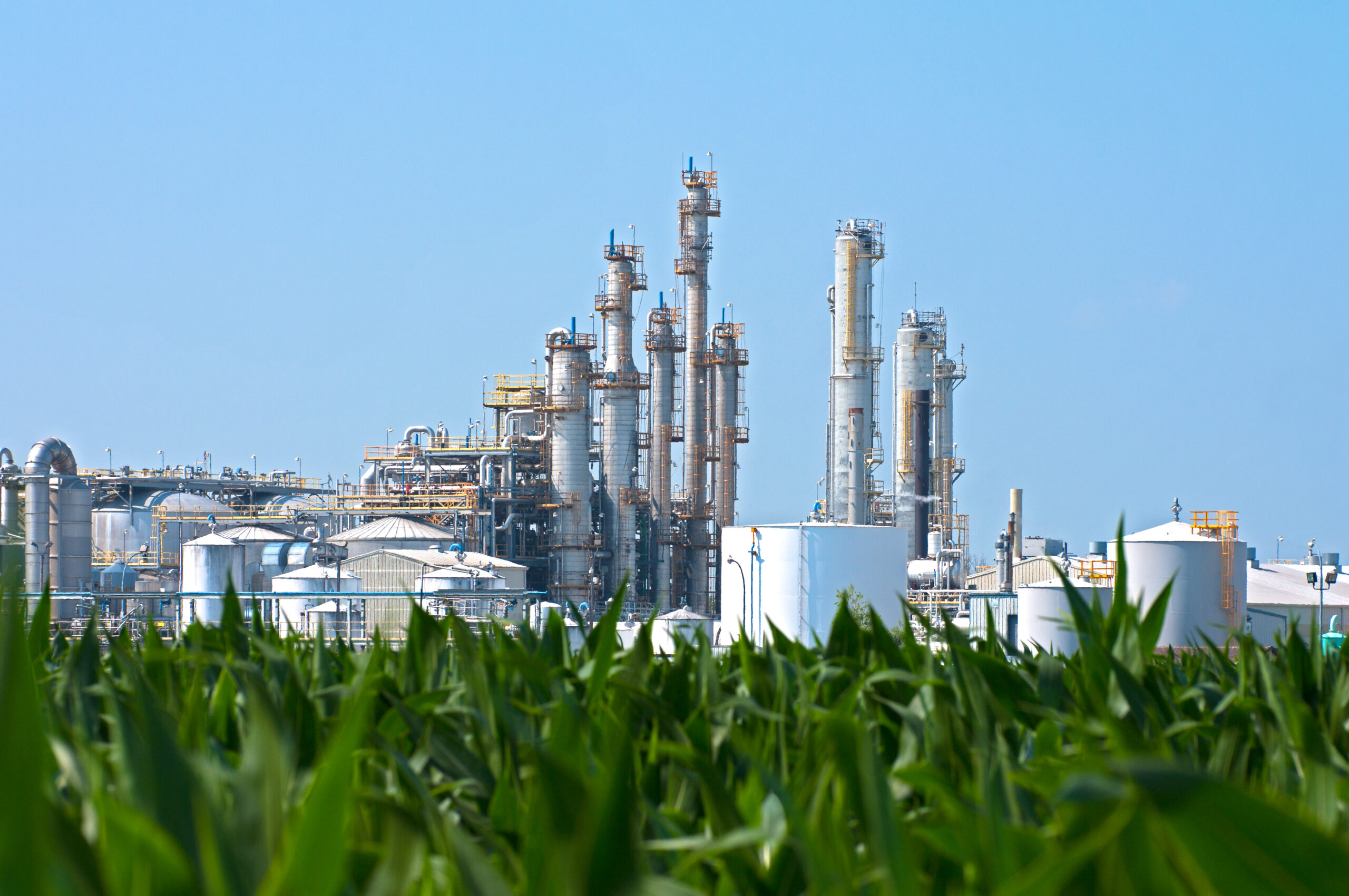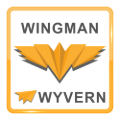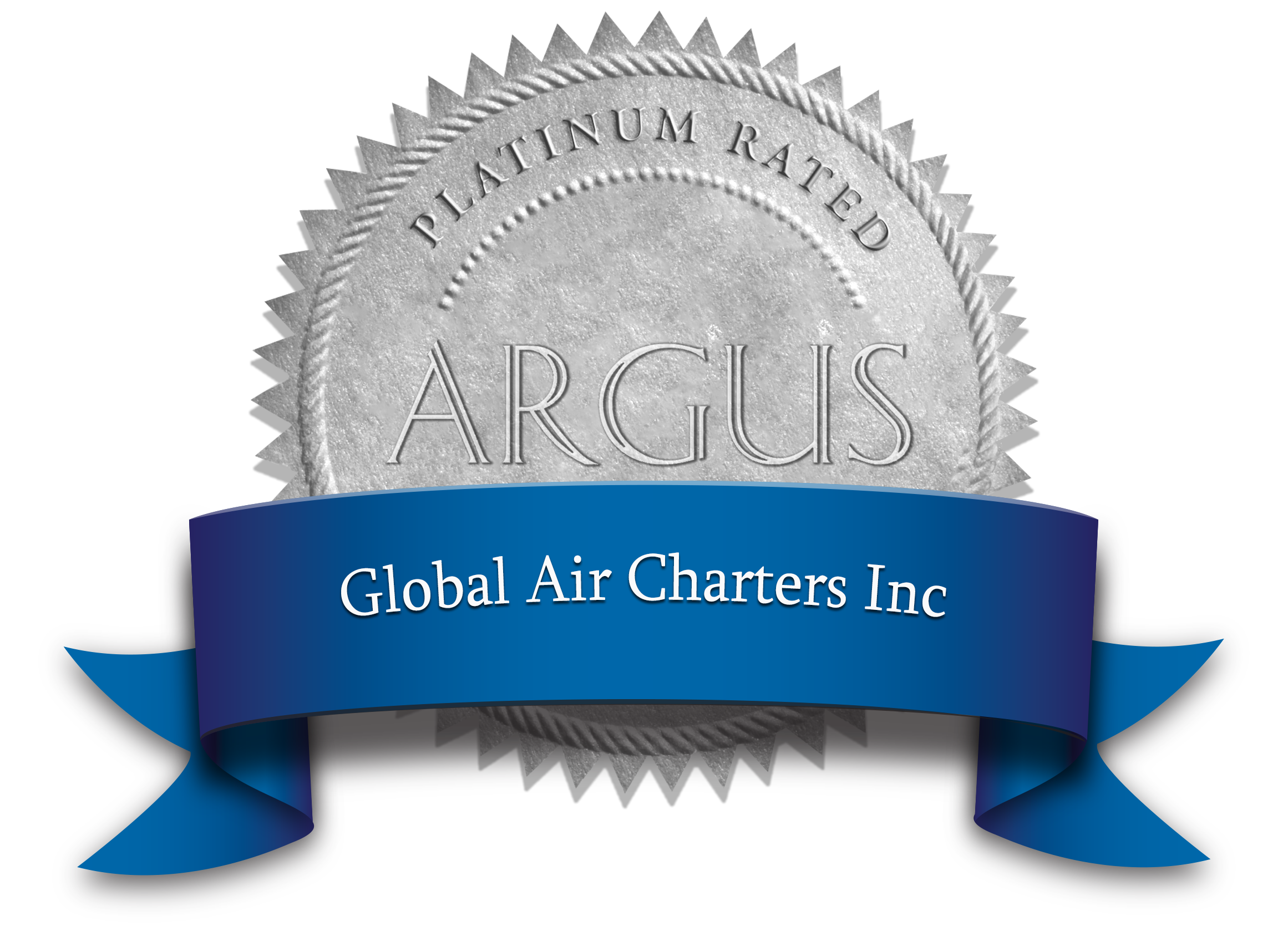The aviation industry has let humanity save countless hours of precious time spent traveling over great distances. Air travel is a vital part of our everyday lives; it also promotes enterprises, expands scientific discovery, and connects to remote places and new cultures.
For the last decade, the aviation industry has been the subject of debate on its environmental impact and its long-term sustainability. As of late, the world has been consuming more than 85 billion gallons of fossil-based jet fuel each year. Notably, 2020 saw the first massive dip in consumption due to travel restrictions in recent history. As travel restrictions are relaxed, the airline industry is working its way back to record worldwide fuel consumption.
What Is Sustainable Aviation Fuel?

Sustainable Aviation Fuel is certified as Jet-A1 grade and is made by blending conventional kerosene with biofuels consisting of plant matter and food waste materials. SAF is safe to use in a jet engine that burns Jet-A1. Furthermore, no modifications or supplemental operator certifications are necessary to utilize SAF.
Numerous methods of extracting the raw biological material necessary to create SAF are already in use. Additionally, the industry implements new techniques in the testing process. The primary goals of SAFs are to avoid conflict with the existing food supply and not introduce new emissions in synthesizing it. Once the SAF mixes with kerosene, it can be delivered to airports and fuel storage locations worldwide. SAF serves as a “drop-in” alternative jet fuel introduced into a conventional fossil fuel-based supply.
SAF burns just like conventional jet fuel. It provides the same energy density and yields the same power output as 100%traditional fossil fuel.
Is Sustainable Aviation Fuel Less Harmful to the Environment?
Yes. The motivation for developing drop-in SAF is to be a long-term carbon-neutral source of combustible energy. Additionally, it easily integrates with the fuel delivery infrastructure currently in place of Jet-A fuel. SAF can reduce carbon emissions up to 80% over the fuel’s lifecycle compared to the traditional jet fuel it replaces. In addition to its carbon-neutral properties, SAF produces less sulfur dioxide (SO₂) than conventional Jet-A fuel. Finally, this leads to less carcinogenic greenhouse gas particles releasing into the air than conventional jet fuel.
Is It Cost Prohibitive?
SAF is an upcharge compared to conventional jet fuel. The exact cost increase is on a case-by-case basis, as with any fuel purchase at FBOs worldwide. As SAF becomes more widely adopted in the aviation industry, the cost will become lower. Moreover, the best way to determine if SAF fuel fits your bottom line is to have your charter broker inquire about SAF price points wherever it is available.
Where is Sustainable Aviation Fuel Available?
United States:
California – KBUR, KCMA, KLAX, KMRY, KOAK, KSFO, KSNA, KSTS, KTRK, KVNY
Colorado – KASE, KTEX
Michigan – KPTK
North Carolina – KGSO
Texas – KAUS, KHOU
Washington – KBFI
United Kingdom:
Bristol – EGGD
Hampshire – EGLF
Luton – EGGW
European Union:
Paris – LFPB
How Will Global Air Charters Incentivize Consumption?
We take pride in providing exceptional private charter services. We also know that greenhouse gas emissions will cause future generations to pay the price in several ways if left unchecked. For this reason, we are working to raise awareness of SAF and partnering with domestic FBOs to offer it to you at the best possible price. Thus, Global Air Charters prioritizes innovation, and we are always looking for ways to reduce the carbon footprint of our operation wherever possible. When you charter our aircraft and choose to use SAF to fuel your next trip, we have a SAF rewards program full of cost-saving benefits available.




